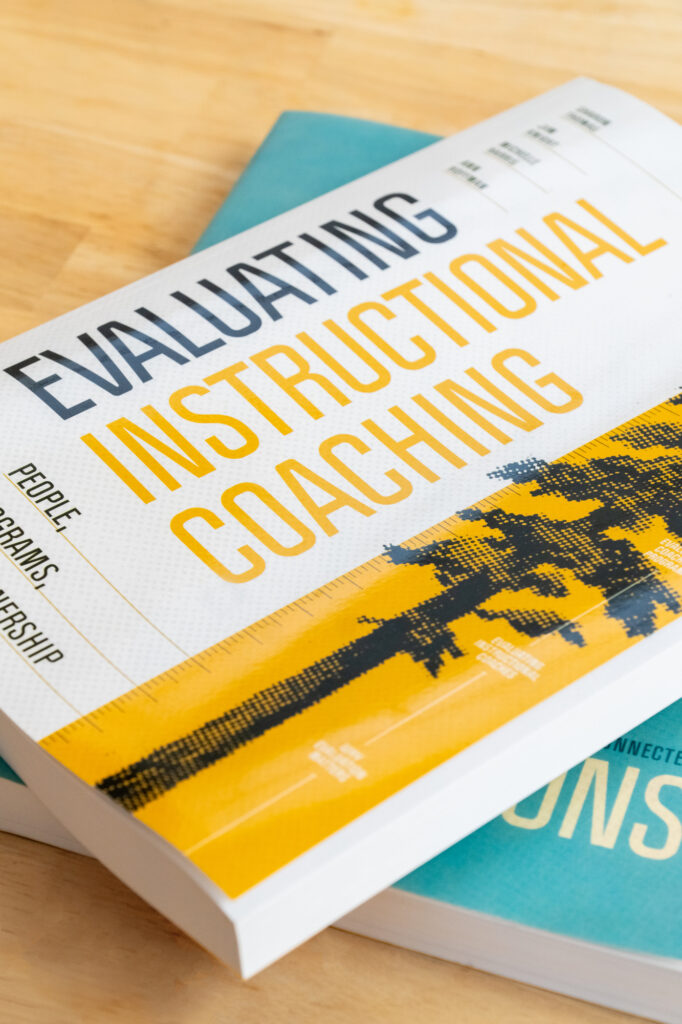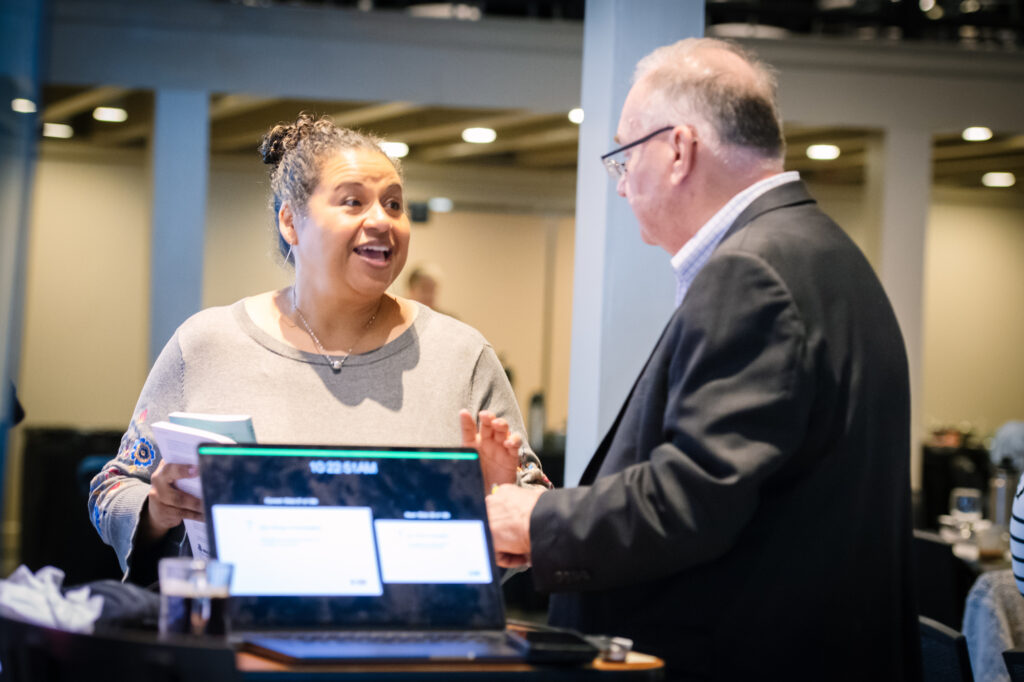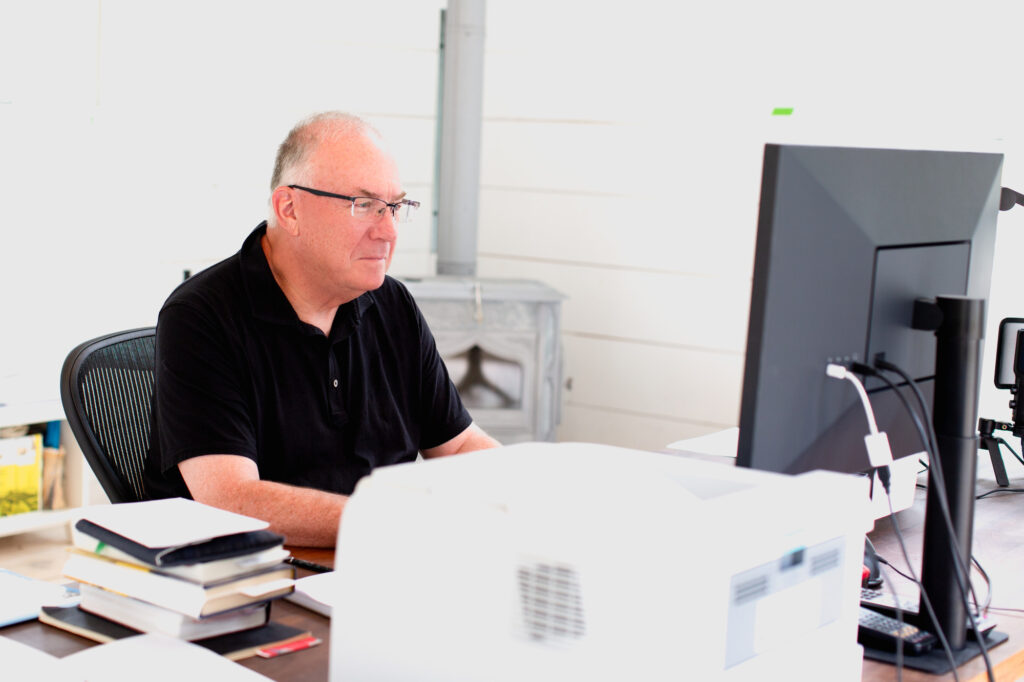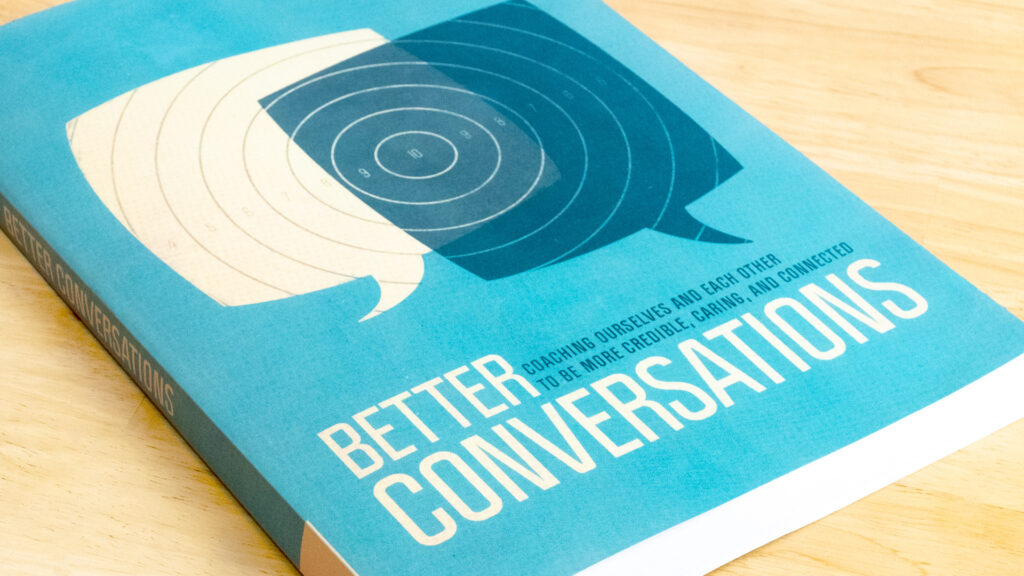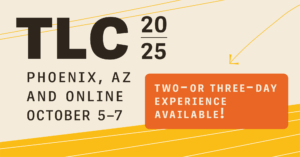It’s time to stop complying with the system and draw your own map. Stop settling for what’s good enough and start creating art that matters. Seth Godin
If we take care of the moments, the years will take care of themselves. Maria Edgeworth
So far in this series, I have discussed several ways we can overcome the Resistance and do the work we were meant to do. Our authentic work might involve getting in shape, writing or painting, or pushing ourselves to become more effective in the classroom, or as coaches, professional developers, or administrators. We can fight the resistance by developing a personal vision, by identifying powerful goals that can function as “destination postcards,” or by adopting routines that structure our growth and creativity.
Each of these strategies, especially in combination with the others, can help us move forward creatively and authentically. But there is one more strategy that is perhaps more powerful than all of the others combined, and it is also the easiest: We should simply stop doing meaningless activities.
We can dedicate our lives to implementing practices that help us be more creative and live more authentic lives. We can read every self-help book and work hard to implement every personal effectiveness strategy. But implementing all of those strategies takes a lot of focused effort. The simplest thing to do is just to stop doing stuff that only kills time. If we cut the empty minutes, hours, and days, our lives should immediately become more meaningful, creative, and effective. We can focus our attention on more meaningful work (or play) by asking one question: Is this activity meaningful?
Whatever we are doing–teaching, reading, or updating our Facebook page, for example–we can pause and ask the question. Then, if we’re not doing meaningful work, we need to change direction. Here are some examples of how the meaning question might work out in our lives.
Meetings
When we ask this question about meetings, whenever possible, we stop going to any get together that we know will not be productive. We also stop calling meetings that are unnecessary. Saying no to a time waster opens us up to the opportunity to do something that could be much more productive.
Professional Development
When we ask this question about professional development, we stop leading professional development that we know won’t lead to any meaningful improvements in teaching practices or student achievement.
Administration
When administrators ask this question, they start to work assiduously to ensure their teachers don’t have to experience anything that simply wastes their time. If it isn’t useful, inspiring, or helpful in some way, then teachers probably shouldn’t have to do it (whatever “it” might be).
Teachers
When teachers ask this question, they should stop prompting their students to do anything that simply fills the time. If teachers ask the meaning question, students should ultimately only do work that promotes learning, growth, or joy.
The meaning question reframes the way we see time. We stop seeing time as something to be filled and start to see it is as a resource full of potential. Life is short. Minutes are precious. If we cut the empty minutes, all that remains are moments (and lives) filled with authenticity and significance. And that seems like the life of a radical learner.







